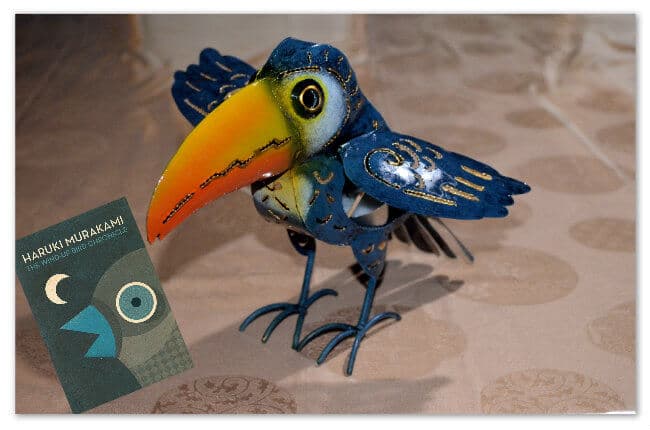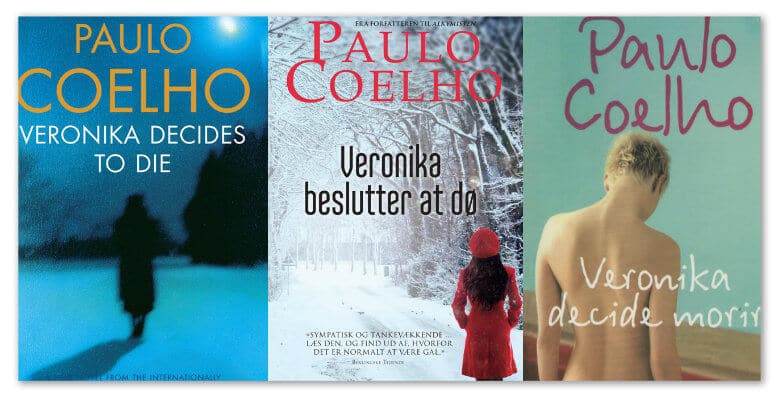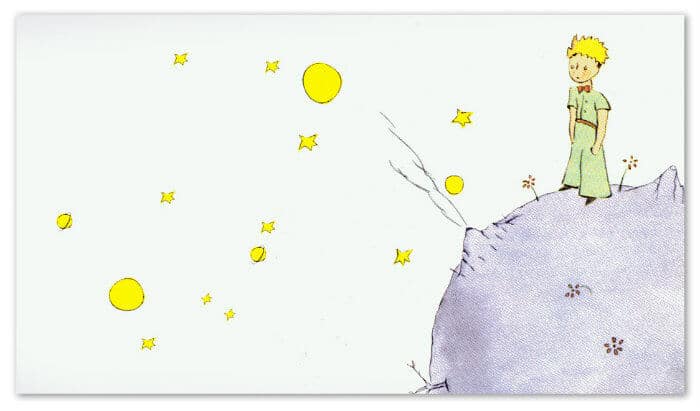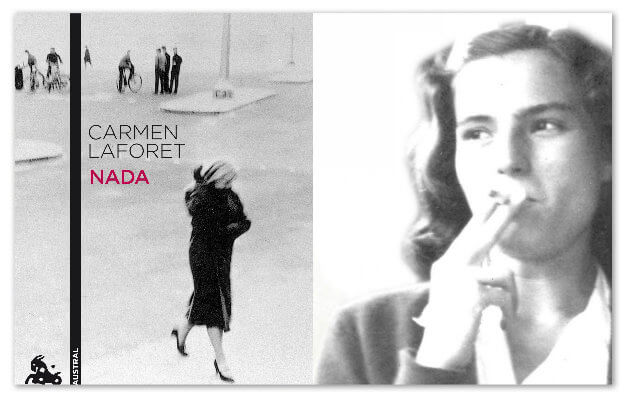5 Classic Books For Language Learners
I love to read. It’s sometimes difficult to find the time, but despite all kinds of modern technology, classic books remain one of the best forms of entertainment.
When we are learning another language, learning about the culture it stems from should be part of the experience, as language and culture are often inextricably linked.
Classic books from different cultures are valuable for this purpose as they aren’t just entertaining, they also teach us about the culture, history, and ways of thinking in parts of these cultures. Sometimes these classic pieces of literature have even been part of shaping their surrounding cultures.

If you are a beginner in a language, you can jump right into it and read the classics in their original language, but even if you don’t feel ready for that and read it in English – or your own language, whatever that may be – you will still be able to get a much better understanding of the culture of your target language.
Below are five classic books from different countries that I have really enjoyed reading, and that have helped me appreciate their countries and cultures of origin better.
If you know of any classic books either from your country or in your target language, which should be added to the list, feel free to do so in the comment section.
Russian:
Anna Karenina (Анна Каренина) – by Leo Tolstoy
The Russian world-famous writer Leo Tolstoy wrote the classic masterpiece Anna Karenina, which has captivated readers worldwide for years.
In Anna Karenina, consists of two parallel stories, one is about the prosperous Russian woman Anna who falls head over heels in love with an officer, ruining her family and his marriage. The other story is about landowner Ljovin, who has lost his heart to the young Kitty, but despite this great love, never really finds happiness.
Anna Karenina is a poignant description of that one true great love that may lead to all sorts of tragedy, but which is so strong that those involved can’t give it up. I have read it in English and loved it, I can only imagine how amazing it would be in Russian, its original language. I do not speak Russian, let alone read it, but I am a sucker for romance and it really is a great read (Despite bad reviews I even liked the movie with Keira Knightley).
Japanese:
The Wind-Up Bird Chronicle (ねじまき鳥クロニクル) – by Haruki Murakami
Toru Okada lives a quiet life in Japan with his wife Kumiko and cat. One day the cat disappears without a trace, and shortly afterwards so does his wife. Okada starts getting mysterious phone calls and is approached by strange people. He suddenly can’t tell reality from his imagination.
A young girl from the neighbourhood calls Toru Okada Mr. Wind-Up Bird. Apparently the cry of a wind-up bird sounds like a wind-up clock, small and insignificant, but determines whether or not the world keeps going or comes to a standstill.
If you can read it in Japanese, then go for it, but even in English it gives you a great insight into Japanese culture (although Murakami is very Western-oriented). The Wind-Up Bird Chronicle is 600 pages long, but it’s written in a simplistic tone and the reader lives and breathes with Okada’s struggle to find his wife and himself. It’s a great novel in which psychology, philosophy, history and storytelling go hand in hand.
It made me want to learn Japanese.

Portuguese:
Veronika Decides To Die (Veronika Decide Morrer) – By Paulo Coelho
24-year-old Veronika has decided to commit suicide. She thinks life is empty, predictable and boring and eats a handful of sleeping pills. She wakes up in a psychiatric hospital in Slovenia, and is told that she only has a few days left to live because the pills have ruined her organs.
Veronika makes a connection with two of her fellow patients, and tries to express herself artistically and sexually in the few days she’s got left on Earth, something that she never got to do before. The novel is basically about madness versus normalcy – it’s psychological and philosophical all at once.
The Writer, Paulo Coelho, writes some really interesting psychological portraits of people who have never been allowed to use their artistic talent. The point he is trying to convey is that not being allowed to express yourself artistically can have devastating effects.
I read this book in Danish and couldn’t put it down, I have read a few of Paulo Coelho’s books, he is a great writer. Veronika Decides To Die is definitely my favourite (then they made a terrible movie, in which Buffy the Vampire Slayer plays Veronika, couldn’t get through it and want to forget about it, so let’s not talk about that). If you are learning Portuguese/Brazilian Portuguese, read it the original Veronika Decide Morrer. It’s only about 180 pages, so it is absolutely doable.
French:
The Little Prince (Le Petit Prince) – by Antoine de Saint-Exupéry
This is the wondrous tale of a little prince, who is on an educational journey through the universe, learning about love, life and death. The Little Prince is the story of a pilot who crash-lands in the desert. He meets a little prince from outer space who tells the pilot about his home planet, asteroid B612. It’s about the size of a house, and from it you can see 44 sunsets in one day. The little prince has landed on planet earth on his tour of planets and hopes to make friends, while rescuing his beloved rose.
On his trip, the prince meets a domineering king, a greedy businessman, and an alcoholic who drinks to forget that he is ashamed of his drinking. After these encounters the prince has decided that adults are weirdos. The story also includes sheep, a speaking flower, a geographer who knows nothing about his own planet, and a fox who want to be tame.
The best and most poetic story is the one the prince tells of his beautiful rose. He talks to it, spends time with it and gives it love. Due to all this love the rose has become special and beautiful.Unfortunately the rose is being eaten up by strange Baobab trees, so he’s travelling the universe to get help.
There are many grains of wisdom in this book and the most important one is this: ‘One sees clearly only with the heart. Anything essential is invisible to the eyes’ or in French: ‘On ne voit bien qu’avec le cœur. L’essentiel est invisible pour les yeux’
I actually read this in French class in high school and really loved it. If you are learning French, this is a classic and an essential read. Better yet it already exists as a lesson on LingQ.
Spanish:
Nada – by Carmen Laforet
Nada takes place right after the Spanish civil war and gives a really great insight into Spain’s history. The main character is 18-year-old Andrea, who has come to Barcelona to study literature.
Moving to and studying in Barcelona is everything she had dreamed it would be, but she is a poor orphan and living with her grandmother turns out to be anything but great. Her relatives are distrusting and depressed following the war. But then she meets another student, Ena, who shows her a different kind of life, when Ena’s modern metropolitan family takes Andrea in.
The book is an exploration of Barcelona through the eyes of the main character as she walks through the streets of the city describing central points such as the cathedral and the university. There are only a few descriptions of ruins and other memories of the war, but Nada is definitely dark and melancholic.
The oppressive atmosphere of the artist’s grandmother’s apartment is a picture of life in Spain after the Civil War, when the dictator of Spain General Franco had the country in an iron grip to retain his power. Nada somehow escaped censorship. I read this book in English a few years ago and I am currently trying to get through it in Spanish, and it definitely helps having read it before.





